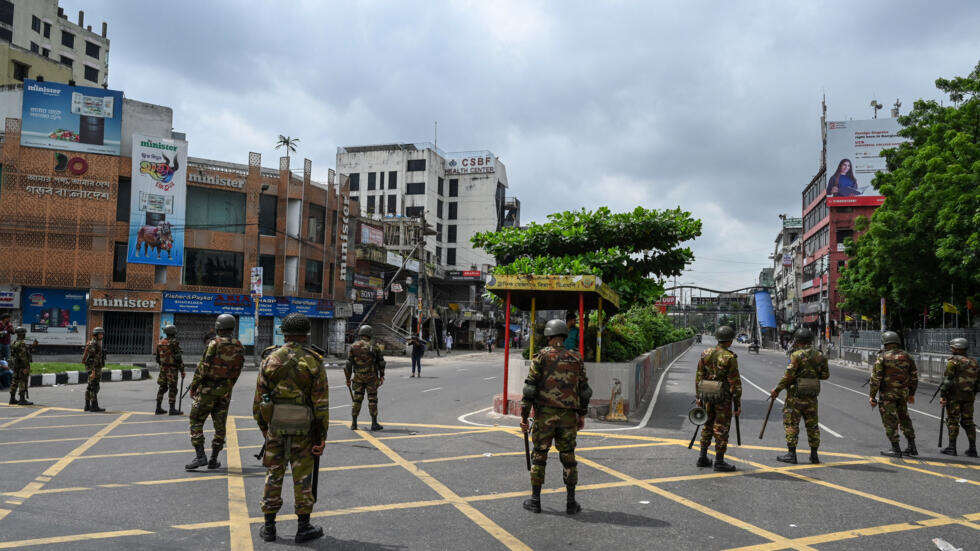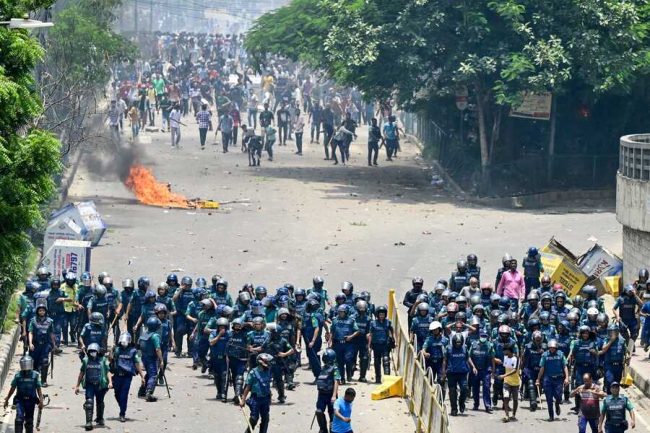
Bangladesh Curfew Causes Widespread Suffering Among General Public
The nationwide curfew imposed by the Bangladeshi government to address rising political tensions is having a profound impact on the general population, causing significant disruptions to daily life and economic activities. The curfew, in effect from 6 p.m. to 6 a.m., has been in place for several days, leading to widespread challenges for residents.
The restrictions have affected various aspects of life, including businesses, public transportation, and essential services. Many small business owners report substantial losses due to the inability to operate during curfew hours. “We can’t open our shop in the evening when we usually see the most customers. The losses are mounting,” said a local retailer in Dhaka.

Educational institutions and healthcare facilities have also been impacted. Schools are struggling to maintain normal schedules, and hospitals are facing challenges in managing patient care with limited transportation options. “Our ability to provide timely medical services is compromised by the curfew. It’s a serious concern,” stated a senior doctor at a Dhaka hospital..
The government has defended the curfew as a necessary measure to ensure public safety and maintain order. However, human rights organizations and advocacy groups have raised concerns about the curfew’s impact on civil liberties and the need for a balanced approach. “While security is important, the curfew must be implemented in a way that minimizes undue hardship on the general public,” said a representative from Human Rights Watch.
As the curfew continues, the government has promised to monitor its effects and make adjustments as needed. The situation remains fluid, with ongoing discussions about how to address the underlying issues while mitigating the impact on everyday life.
